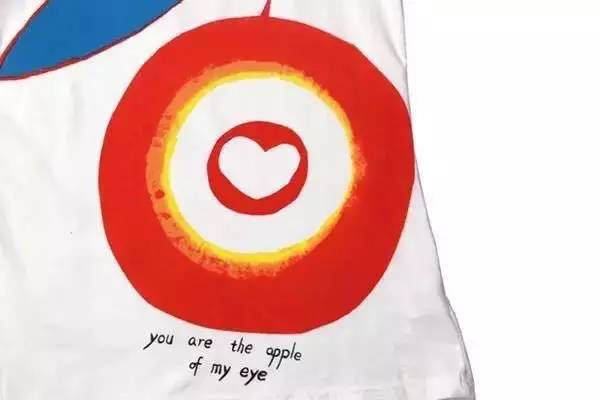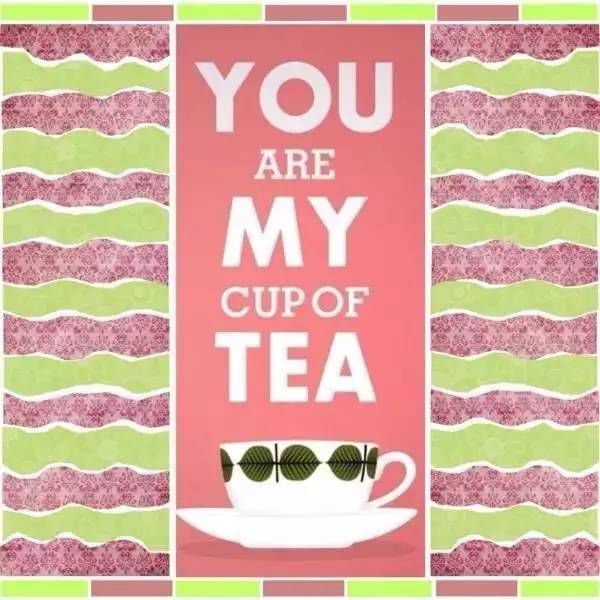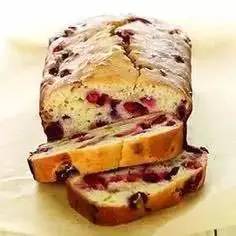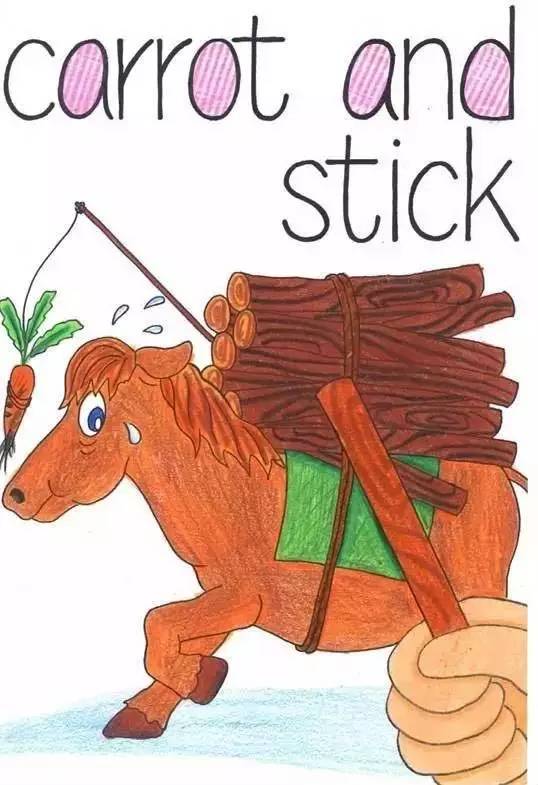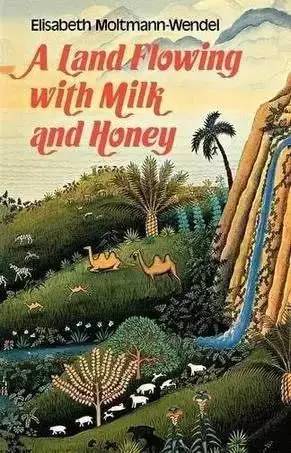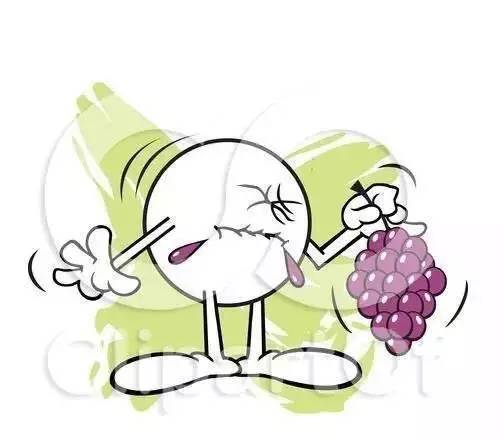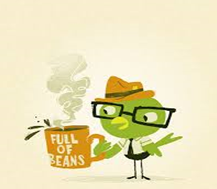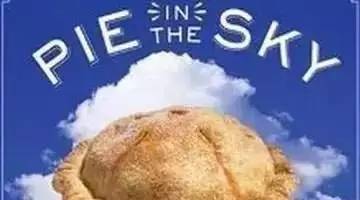英语学习 | 关于吃的英语习语有哪些!
时间:2017-03-17 16:59:14 作者:Cara
对于吃货(foodie)来说
过年是大饱口福的好时节
相信各位小朋友
在这个假期都过了个“肥”年吧
在中国有许多关于吃的习语,例如:
“心急吃不了热豆腐”“吃一蛰长一智”等
在西方,又有哪些与吃相关的习语呢?
【注:Foodies are people who enjoy cooking and eating different kinds of food. 美食家,吃货】
apple of the eye
掌上明珠;宝贝
习语中的apple原指“瞳孔”。古时候,人们认为瞳孔是固体球形物,如苹果的果实,便把瞳孔称为apple of the eye。由于瞳孔对于人非常宝贵,人们视其如珍宝而加以保护,故后来用apple of the eye喻指“珍爱的人或物,宝贝等”。
eg:He loved his sons, but his daughter was the apple of his eye.
他爱他的儿子,但女儿是他的掌上明珠。
cup of tea
喜爱的东西;感兴趣的事情
在英国历史上,各阶层常常以啤酒和葡萄酒为饮料。当时,穷人常说not my pot of beer,富人常说not my glass of wine,表示“不合自己口味的东西”。后来,随着茶叶的引入,喝茶逐渐成为一种风气、时尚,于是就出现了常用口语:That’s not my cup of tea.(这不是我喜欢的茶。)后来one’s cup of tea逐渐被人们广泛使用,其意义也被引申为“感兴趣的事,喜欢的东西等”。another cup of tea的意思则是“另外一回事,又作别论”。
eg:Playing cards isn’t her cup of tea. Let’s watch television instead.
她不喜欢打牌,我们还是看电视吧。
It’s true that I have promised to give you any help you need, but lending you my homework for you to copy will be another cup of tea.
不错,我答应过什么事儿都帮你,但把作业借给你抄袭可不在内。
bread and circuses
小恩小惠
古罗马时期,政府常常向百姓提供免费的粮食和娱乐,用以缓和百姓的不满情绪。本习语出自古罗马著名讽刺诗人尤维纳利斯(Juvenal, 60~140)所写的16首讽刺诗第10首(Tenth Satire)中的一个短语panem et circenses(面包和马戏)。诗人用该习语指代古罗马统治者出于安抚目的款待公众的免费面包和马戏观赏。bread and circuses一语现在仍然保留原语的含义,表示统治者用以抚慰百姓的“粮食和娱乐”,即“小恩小惠”。
eg:The whole news story smacks of bread and circuses—a conspiracy to keep the voters’ minds off the major issues of the day!
整篇新闻报道微带小恩小惠的味道,它企图借此转移选民对当前主要问题的注意!
carrot and stick
软硬两手
骡子通常被认为是极其顽固的动物,可即使是骡子,只要在它前面吊上胡萝卜(carrot),同时在后面用棍棒(stick)抽打,骡子也一定会往前走。因此carrot and stick常被用来比喻“软硬两手”,有时也作the carrot and the stick。
eg:They applied the carrot and stick to enslave the people in the colonies.
他们使用胡萝卜加大棒的手段来奴役殖民地人民。
a land flowing with milk and honey
富饶之地,鱼米之乡
出自《圣经•出埃及记》“And I am come down to deliver them out of the hand of the Egyptians, and to bring them up to out of that land unto a good land and a large, unto a land flowing with milk and honey.”(我下来是要救他们脱离埃及人的手,领他们出了那地,到美好宽阔、牛奶与蜜之地)该习语也作a land of milk and honey。
eg:America is now the fancied land of milk and honey, but not for every American citizen.
美国现在是人们心目中生活富裕的国家,但并非对每个美国公民都是如此。
have egg/jam on/over one’s face
形象受损害;出丑
人在吃鸡蛋或果酱时不小心弄到脸上而自己却不知道,看起来就会有点儿可笑,像个傻瓜一样,这就是have egg/jam on/over one’s face原先的含义。此习语源自美国,后来也被英国英语接受,现多用于口语中,表示“形象受损害;出丑”等,有时也以be left with egg/jam on/over one’s face形式出现。
eg:The latest scandal has left the government with egg on its face.
最近的丑闻使政府形象受到损害。
say cheese
笑一笑
say cheese是照相时摄影师要被照者面带微笑时说的一句话。因为当你说cheese时,你的口是呈微笑形的。cheese只取其音,而不用其意,故say cheese一般翻译为“笑一笑”。
eg:Come on everyone, say cheese for the camera.
各位,对着镜头笑一笑。
sour grapes
酸葡萄;自我安慰的话
来自《伊索寓言》(Aesop’s Fables)中《狐狸和葡萄》(The Fox and the Grapes)的故事。一只饥渴的狐狸想吃葡萄架上的熟葡萄但又够不着。它想方设法,结果还是没吃到。最后只好悻悻地转身走开,一边走一边自我解嘲说:“葡萄是酸的,恐怕没熟透。”由此,sour grapes常被用于贬低得不到的东西以自我安慰的场合。
eg:John said he was more interested in the competition itself than in the prize. Obviously it was sour grapes to him.
约翰说他对比赛本身比对奖品更感兴趣,很明显,对他来说,奖品是可望而不可及的东西。
full of beans
精力旺盛的;兴高采烈的
此习语原用来形容马膘肥体壮、精力旺盛,可以追溯到用马蚕豆(horse beans)作马饲料的时代。莎士比亚在他的喜剧《仲夏夜之梦》(A Midsummer Night’s Dream)里曾经用bean-fed(本义为“喂以蚕豆的”)一词来形容马儿精壮。后来bean-fed逐渐演变成full of beans,表示“兴高采烈的;精力旺盛的”,多用于口语。但在美国英语里,full of beans意思则是“胡言乱语”。
eg:It’s the kids’ party today and they’re full of beans.
今天是孩子们聚会,他们个个兴高采烈的。
Don’t pay any attention to David. He’s full of beans. 别理大卫,他在胡言乱语。
pie in the sky
渺茫的幸福;无法实现的计划
该习语出自美国流行歌手、世界产业工人联盟(IWW)的组织者希尔(Joe Hill, 1879~1915)在1911年所作的一首歌曲《传教士与奴隶》(The Preacher and the Slave)。他在歌中写道:You will eat, bye and bye,/In the glorious land above the sky!/Work and pray,/live on hay,/You’ll get pie in the sky when you die!(不久你将在天上的圣地就餐,劳作吧,祈祷吧,靠着干草干活,死后你就会有天国的馅饼。)这几句话是希尔从美国救世军的军歌中引用来的,意在讽刺揭露这个宗教组织的欺骗性。由此,人们就用pie in the sky喻指“渺茫的幸福;不能实现的承诺”等。
eg:Their plans to set up their own business are just a pie in the sky.
他们要创办自己公司的计划犹如天上的馅饼,希望十分渺茫。
------------------------------
一日一记:
Only when our eyes have been washed by tears, can we have a broader field of vision.
只有泪水洗过的眼睛,才有更开阔的视野。
本文链接:https://m.pinghe.com/StudentStyle/learning-material/2017-03-17/1951.html
